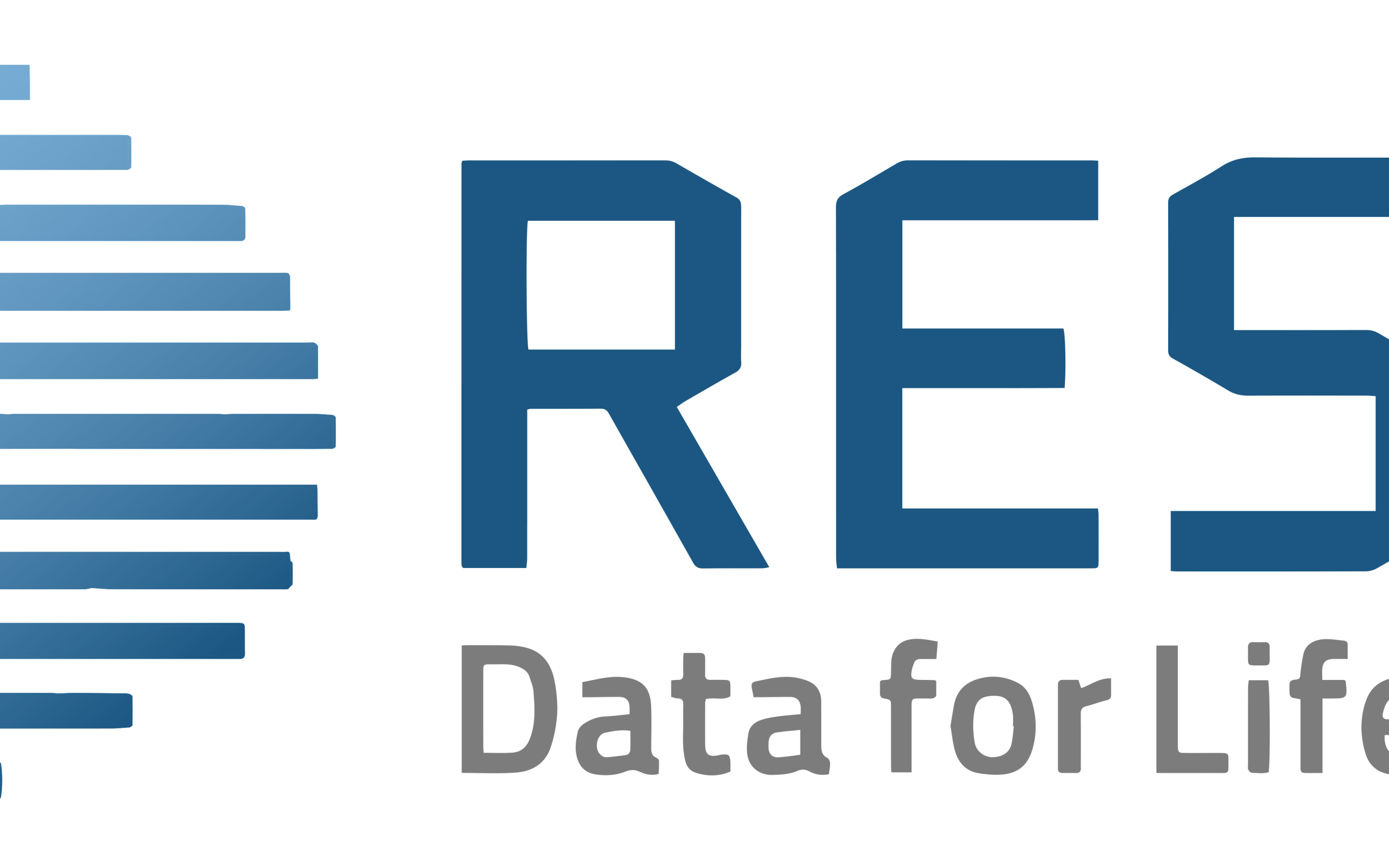
Mar 14, 2025
On Brain Awareness Week’s fifth day we are focusing on RES-Q+, an EU Horizon-funded initiative, that will improve stroke care quality by combining artificial intelligence (AI) with stroke data.
Building on the Registry of Stroke Care Quality (RES-Q), which collects stroke care information from over 2,100 hospitals in this project, aims to improve stroke treatment faster, more effective and easier to access.
RES-Q+ will use technology to automatically collect hospital data. AI-powered virtual assistant tools will help doctors assess risks and improve treatment plans. These AI tools, developed with stroke survivors, will also support recovery by tracking progress, providing information and ensuring access to post-stroke care and rehabilitation.
“By involving both patients and clinicians in the development of our tools, we ensure the technology the project develops meets their needs,” says Hendrik Knoche, project co-leader at Aalborg University.
Arlene Wilkie, Director General of the Stroke Alliance for Europe, adds: “This could transform stroke recovery by making follow-up care more personalised and accessible.”
For more information about the project
Click to view video
Or click to visit the RES-Q+ website
Or contact SAFE on research@safestroke.eu

RES-Q+ has received funding from the European Union under grant agreement No 101057603.
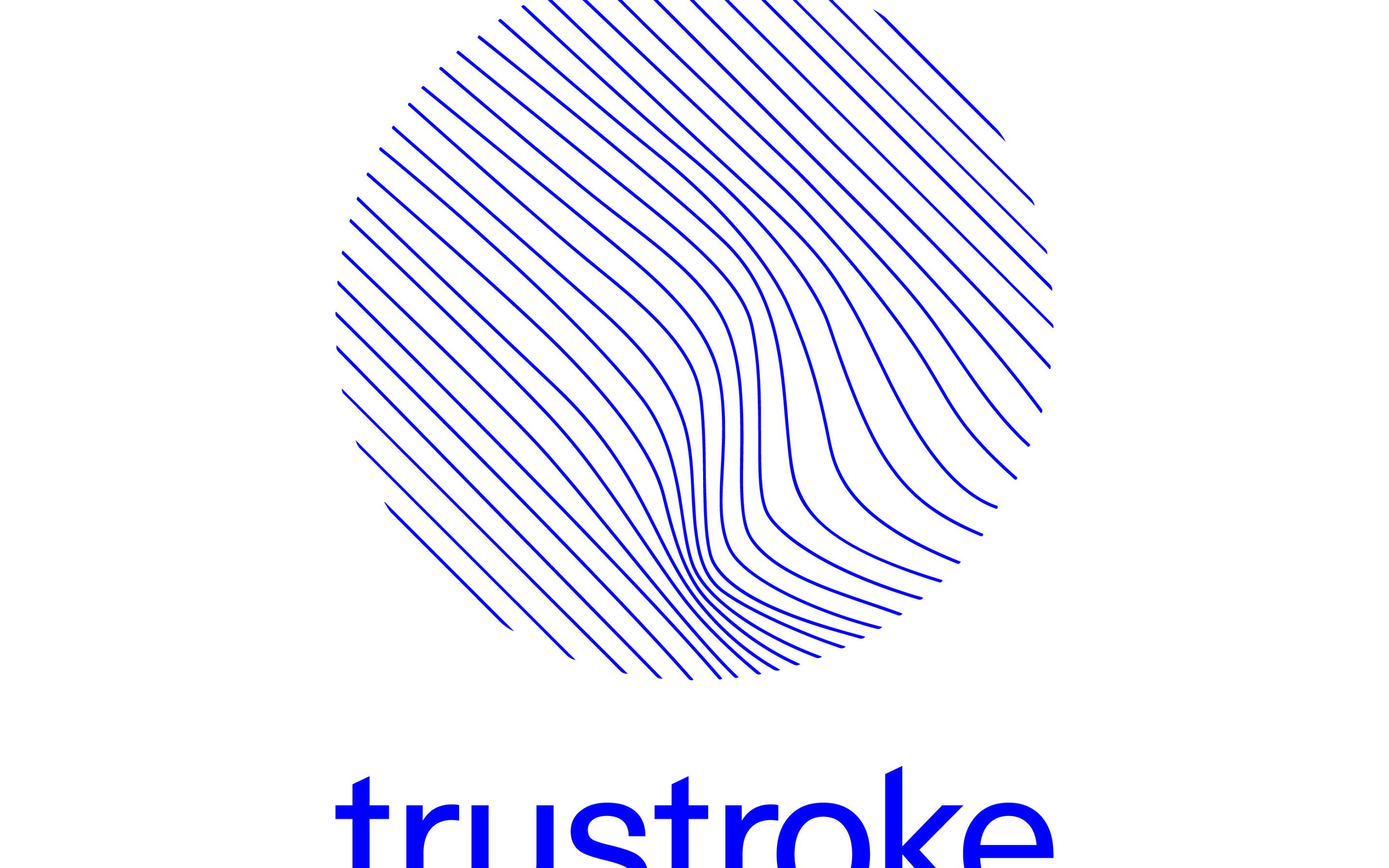
Mar 13, 2025
On the fourth day of Brain Awareness Week, we are shining a spotlight on TRUSTroke.
This project is using Artificial Intelligence (AI) to improve stroke recovery by helping to predict future health risks. Stroke survivors often face unpredictable complications that may lead to hospital readmissions. The research team behind this EU Horizon funded project are working with stroke survivors in three European hospitals to develop an AI-driven system to personalise treatment and reduce risks such as serious post-stroke health issues, mobility challenges and recurring strokes.
A key part of the project is an easy-to-use app, with new functionality co-designed with patients, that keeps stroke survivors connected with their healthcare professionals. Patients can track their progress and share updates, allowing healthcare professionals to tailor care more effectively.
“Because this app is being optimised with input from stroke survivors, it will be accessible and simple to use,” says Carolina Lauzen, UX Designer at Nacar Design.
Arlene Wilkie, Director General of the Stroke Alliance for Europe, highlights the impact: “This new technology will help healthcare professionals and stroke survivors work together on long-term recovery plans.”
With AI and patients at its core, TRUSTroke is paving the way for improved lives after stroke.
To learn more about the project:
Click to view video about the app
Or visit the TRUSTroke website
Or contact SAFE on research@safestroke.eu

This project is supported by Horizon Europe under grant agreement Nº101080564

Mar 12, 2025
On Brain Awareness Week’s third day we are focusing on a new international study, the EAST-STROKE trial, which is investigating a potential new treatment to prevent new strokes in patients with acute ischemic stroke and atrial fibrillation (AF). Funded by the EU Horizon programme, the trial will test whether Rhythm Control, a method to restore normal heart rhythm, can reduce the risk of further strokes and heart problems in stroke patients with AF.
AF is a common heart condition that causes an irregular heartbeat, increasing the risk of blood clots that can lead to an ischemic stroke. While Rhythm Control is already used to treat AF, it has not yet been widely applied to acute stroke patients. The EAST-STROKE trial aims to change that by integrating this treatment early after a stroke, alongside standard care.
“If the study confirms this new treatment strategy, it could change the way we treat stroke patients with atrial fibrillation worldwide and help prevent many new strokes,” said Professor Götz Thomalla, project coordinator and Director of Neurology at the University Medical Centre Hamburg-Eppendorf (UKE).
Launched in early 2025, the six-year trial will enroll 1,746 patients across Germany, Spain, the Netherlands, Switzerland and Australia, with further expansion planned to the UK, Canada and Brazil. The study’s international scope aims to ensure that its findings can be widely implemented.
Arlene Wilkie, Director General of the Stroke Alliance for Europe (SAFE), emphasized the potential impact: “This trial has the potential to improve stroke care across the globe, giving patients better outcomes and reducing the burden of stroke on individuals, families and healthcare systems.”
If successful, the EAST-STROKE trial could lead to a major shift in stroke treatment, helping thousands of patients worldwide avoid recurrent strokes and heart complications.
For more information, click to view video.
Or click visit the EAST-STROKE website.

The project has received funding from the European Union’s Horizon 2020 research and innovation programme under grant agreement number 101156541

Mar 11, 2025
On Brain Awareness Week’s third day we are focusing on another new EU-funded research project called UMBRELLA which aims to make stroke care faster, more effective and more accessible. The project, co-led by Vall d’Hebron Research Institute (VHIR) and Siemens Healthineers, will use advanced technology, artificial intelligence (AI) and real patient data to help doctors make better treatment decisions, improve recovery and prevent future strokes.
What is a stroke?
A stroke happens when blood flow to the brain is blocked by a clot (ischemic stroke) or when a blood vessel bursts (haemorrhagic stroke). When this happens, brain cells start to die quickly, which can cause serious damage or disability. Fast diagnosis and treatment are critical to save lives and improve recovery.
How UMBRELLA is setting out to improve stroke care
- Faster diagnosis & treatment – UMBRELLA will help speed up stroke diagnosis and treatment, reducing delays that can lead to disability.
- Personalised care – Every patient is different. UMBRELLA will use data from seven European hospitals to develop AI models that support doctors in providing more personalised treatments.
- Better access to care – Not everyone gets the same level of care, especially in remote areas. UMBRELLA will introduce virtual recovery tools and wearable devices to help more patients.
- Understanding unknown strokes – About 1 in 4 strokes has no clear cause. UMBRELLA will study these cases to find better ways to prevent and manage strokes.
A strong team across Europe
The UMBRELLA project brings together hospitals, researchers, not for profit organisations and companies from Spain, Italy, Belgium, Switzerland, Germany and the Netherlands. Dr Carlos Molina, Head of the Stroke Research group at Vall d’Hebron Research Institute (VHIR) and scientific leader of this project, says the project will set new standards for stroke care and improve lives.
“We are proud to be part of this project, which will help stroke patients and survivors across Europe,” says Arlene Wilkie, Director General of SAFE.
By improving diagnosis, treatment and prevention, UMBRELLA aims to transform stroke care and improve the quality of lives thousands of people.
To learn more about the project:
Click to visit the Umbrella website
Or contact SAFE on research@safestroke.eu
This project is supported by the Innovative Health Initiative Joint Undertaking (IHI JU) under grant agreement No 101172825. The JU receives support from the European Union’s Horizon Europe research and innovation programme and COCIR, EFPIA, Europa Bío, MedTech Europe and Vaccines Europe.
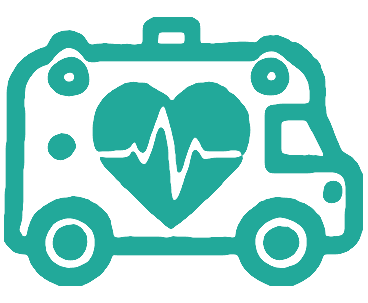
Mar 10, 2025
On Brain Awareness Week’s first day we are focusing on POC4Triage which is using advanced technology and artificial intelligence (AI) to improve the speed and accuracy of detecting stroke and other cardiorespiratory conditions on route to hospital.
POC4Triage, will transform emergency medical care by improving the speed and accuracy of diagnosing life-threatening conditions, so that patients receive timely treatment and survive.
The project is developing four innovative, portable medical devices designed to provide ambulance professionals and doctors with fast access to crucial diagnostic information. The devices will connect to a Device Hospital Connectivity Platform, which integrates seamlessly with hospital systems and uses AI to process and translate data from multiple sources.
The POC4Triage project brings together medical experts, device developers, patient advocates, data scientists and health economists in one project. The research aims to ensure that patients get the right treatment faster, to increase their survival rates and improve long-term outcomes.
Click to view video for more information about the devices
Video 1
Video 2
Or click to visit the POC4TRIAGE website
Or contact SAFE on research@safestroke.eu

POC4Triage has received funding from the European Union under grant agreement No 101137358.

Mar 7, 2025
European Life After Stroke Forum – A European conference on Life After Stroke in Prague – Because acute care is only the beginning
On March 10-11, 2025, Prague will host a major pan-European conference, the European Life After Stroke Forum, marking the first time this event has taken place in a Central or Eastern European country.
The event is organised by Stroke Alliance For Europe (SAFE), a Brussels-based nonprofit established in 2004, bringing together 36 organisations from 30 European countries. SAFE represents patient advocacy groups involved in supporting and caring for the more than 9 million people in Europe who have experienced a stroke.
This conference provides an opportunity for dialogue between professionals (doctors, physiotherapists, occupational therapists, psychologists, speech therapists and others) and the general public – stroke survivors, caregivers, policymakers, healthcare funders and other stakeholders. The event will showcase best practices and systemic improvements that can serve as inspiration for others and ultimately contribute to improving the lives of stroke survivors.
Among the leading experts attending the conference are Prof. Simona Sacco, President of the European Stroke Organization (ESO), Assoc. Prof. Nicola Hancock (UK) and many more. Representing the Czech Republic will be Assoc. Prof. MUDr. Aleš Tomek, Chair of the Cerebrovascular Section of the Czech Neurological Society and MUDr. Dagmar Součková, a member of the scientific committee for the conference. The event is also co-organized by Cerebrum, o.p.s., a Czech patient organisation supporting individuals with acquired brain injuries, which is a member of SAFE.
The conference will be held under the patronage of the Czech Minister of Health, Prof. MUDr. Vlastimil Válek, who will open the event.
Stroke in the Czech Republic: Progress and challenges
Every year, approximately 24,000 people in the Czech Republic experience a stroke. While stroke-related mortality has significantly decreased in recent decades – with the 90-day mortality rate now around 17% (ÚZIS) – challenges remain, particularly in post-stroke care.
Since the 2010, establishment of a well-functioning network of stroke centers, the Czech Republic has become one of the leaders in Europe for acute stroke care. It ranks highly in the number of patients receiving thrombolysis (a treatment that dissolves blood clots) and mechanical thrombectomy (a procedure to remove clots using a catheter in major brain arteries).
However, post-acute stroke care in the Czech Republic still has significant gaps that need to be addressed. The Czech Neurological Society, in collaboration with the Society for Rehabilitation and Physical Medicine, has prepared a new decree on long-term care, aimed at improving access to rehabilitation and follow-up treatment in specialised stroke outpatient clinics and rehabilitation centers. This will enhance interdisciplinary collaboration among speech therapists, psychologists, occupational therapists and other specialists involved in stroke care.
Assoc. Prof. Aleš Tomek will outline the objectives set by the Czech Ministry of Health, professional societies and patient organisations as part of the European Stroke Action Plan 2030. This includes efforts to improve treatment outcomes for patients with hemorrhagic strokes, where mortality remains high and to advance care for ischemic stroke survivors. He will also highlight the ongoing challenge of stroke awareness, emphasising that many people fail to recognise stroke symptoms and do not seek medical help in time.
However, the primary focus will be on life after stroke.
“It is time to improve secondary prevention to reduce the high rate of stroke recurrence. Acute care is just the beginning – we must also focus on enhancing patients’ lives after hospital discharge,” stated Ales Tomek.
Dr. Dagmar Souckova, Vice Chair of the Cerebrovascular Section of the Czech Neurological Society, added:
“After discharge from acute stroke care, we need to ensure structured follow-up by appropriate specialists in stroke outpatient clinics, along with multi-stage rehabilitation – whether inpatient or outpatient. Further, we must strengthen community programs and initiatives that facilitate patient reintegration into society, returning to active life, and improving employment opportunities. Stroke is not just a medical issue – it has serious social consequences, making it a broader societal challenge.”
The role of patient organisations
The Cerebrum organisation will also present its activities at the conference. As a nonprofit focused on supporting individuals with acquired brain injuries (including stroke, trauma and brain tumours), it operates a community center with the motto: “No one should have to face their illness alone.” Cerebrum is actively involved in awareness campaigns and offers advice to patients and caregivers.
Cerebrum also publishes educational materials for both stroke survivors and professionals. The latest publication, “A Guide to Group Speech Therapy”, developed in collaboration with the Icelandic patient organisation Heilaheill, was supported by the EEA and Norway Grants. The guide is available in both Czech and English and can be downloaded for free from www.cerebrum2007.cz/poradna.
Magdalena Pohnanova, Director of Cerebrum, emphasised the importance of patient organisations in healthcare:
“Patient organisations play an irreplaceable role in the healthcare system because healthcare is ultimately about the patients. Unfortunately, their significance is still underappreciated in the Czech Republic. I believe that thanks to SAFE and this conference in Prague, the value of patient organisations in the healthcare system will gain greater recognition.”
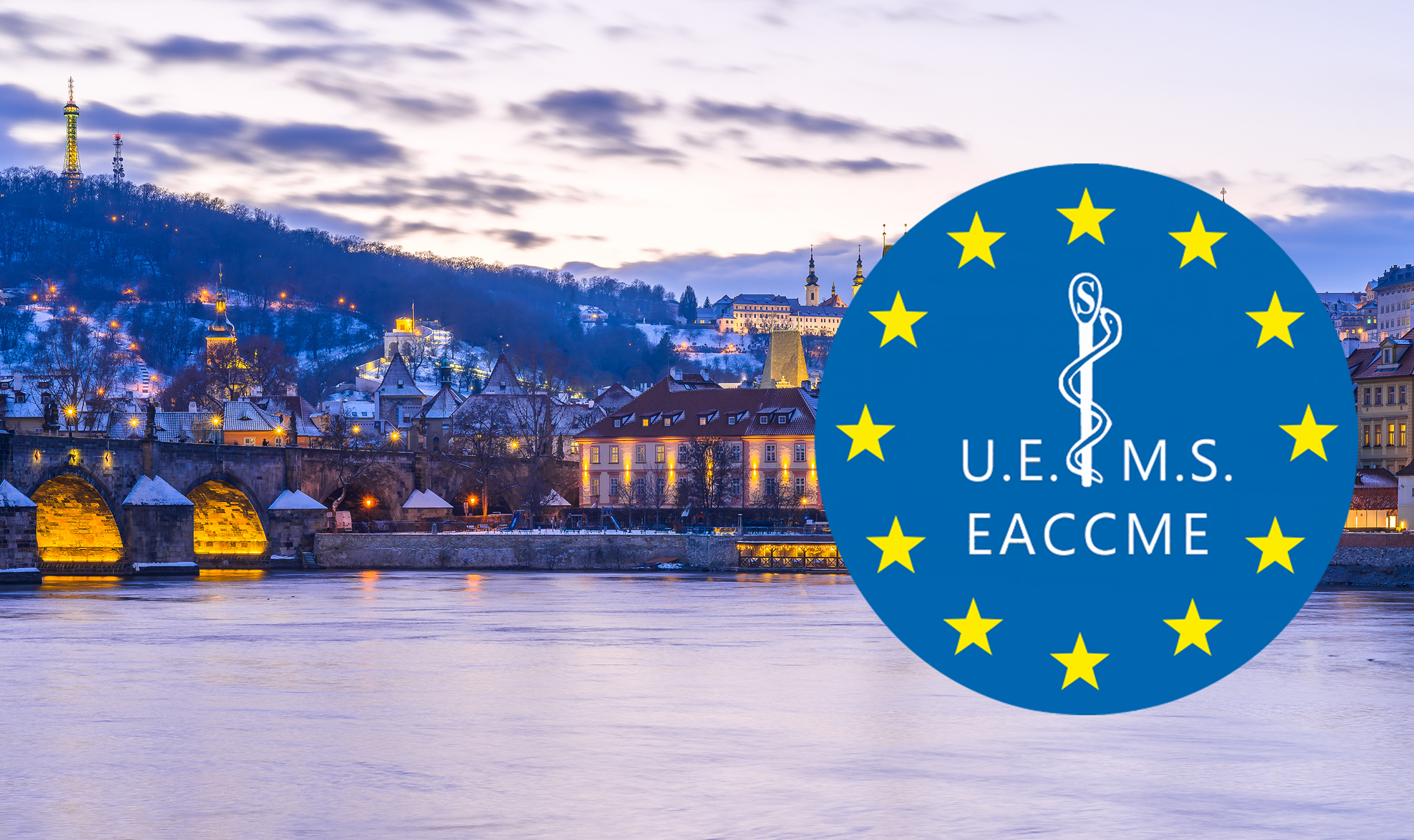
Feb 14, 2025
We are pleased to announce that we have achieved EACCME accreditation for continuing medical education.
“The European Life After Stroke Forum, Prague, Chech Republic 10/03/2025-11/03/2025, has been accredited by the European Accreditation Council for Continuing Medical Education (EACCME®) with 6.0 CME credits (ECMEC®s). Each medical specialist should claim only those hours of credit that he / she actually spent in the educational activity.”
“Through an agreement between the Union Européenne des Médecins Spécialistes and the American Medical Association, physicians may convert EACCME® credits to an equivalent number of AMA PRA Category 1 CreditsTM. Information on the process to convert EACCME® credit to AMA credit can be found at https://edhub.ama-assn.org/pages/applications.
“Live educational activities, occurring outside of Canada, recognised by the UEMS-EACCME® for ECMEC®s are deemed to be Accredited Group Learning Activities (Section 1) as defined by the Maintenance of Certification Program of the Royal College of Physicians and Surgeons of Canada.”

Feb 12, 2025
Do you want to be part of shaping the future of life after stroke care and research?
Join us at the European Life After Stroke Forum (ELASF) for an exclusive 90-minute interactive workshop, where we will bring together a diverse group of individuals, including stroke survivors, caregivers, clinicians and researchers from across Europe.
This is your chance to share ideas, experiences and perspectives on what wellbeing after stroke truly means. Together, we will identify priorities and explore ways to make wellbeing a fundamental part of future care and research.
Spaces are limited due to the interactive nature of this session, application deadline is 21 February.
Successful applicants will be contacted by the ELASF team by 28 February.
Let’s shape the future of life after stroke together.
Register your interest here
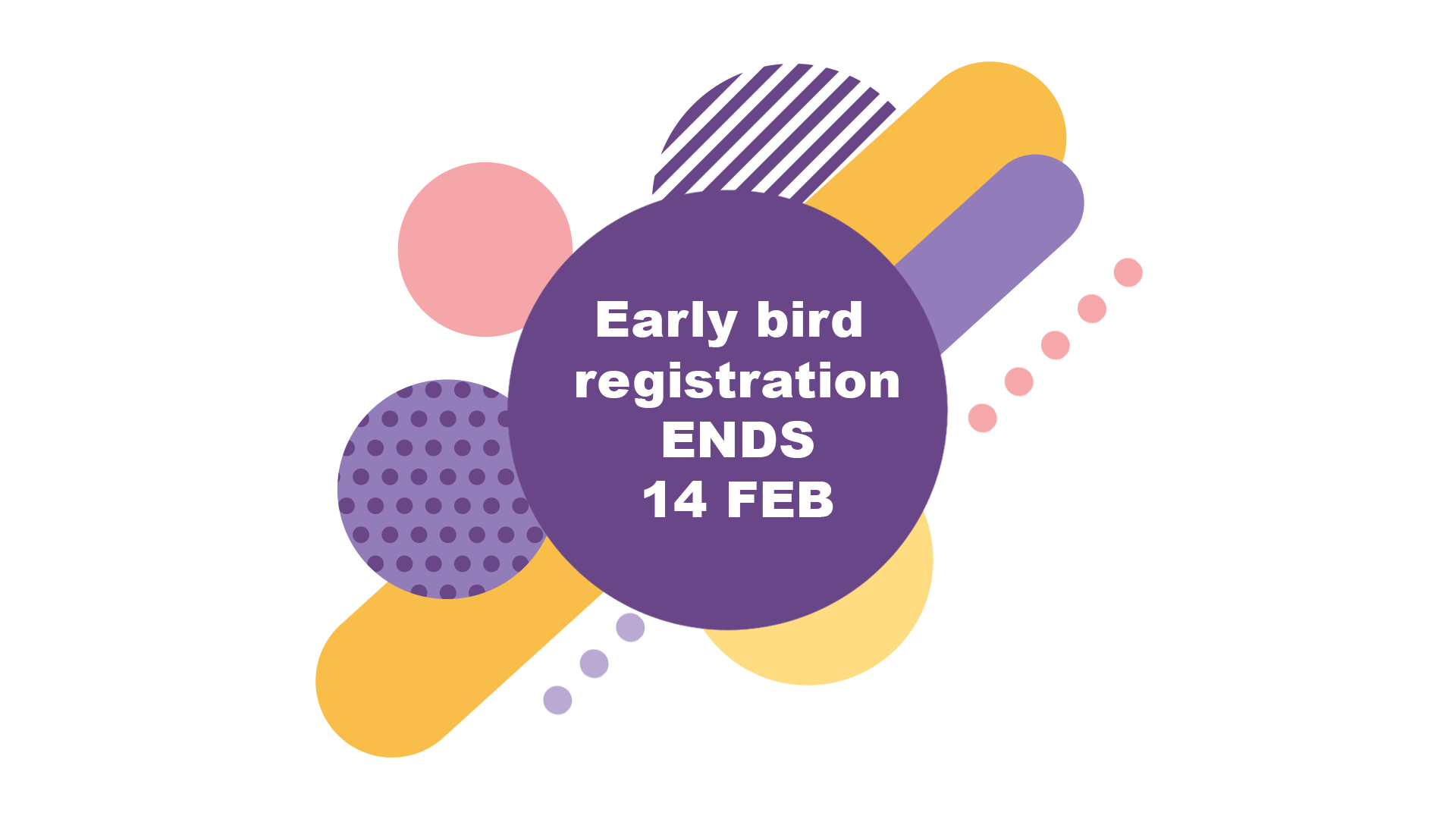
Feb 10, 2025
The European Life After Stroke Forum is a unique platform where healthcare professionals, researchers, policymakers and those affected by stroke can come together to address the issues of life after stroke. Join us in Prague on the 10-11 March to be part of the conversations that drive change in life after stroke.
Early bird discounts ends on the 14 February 2025.
Click to register
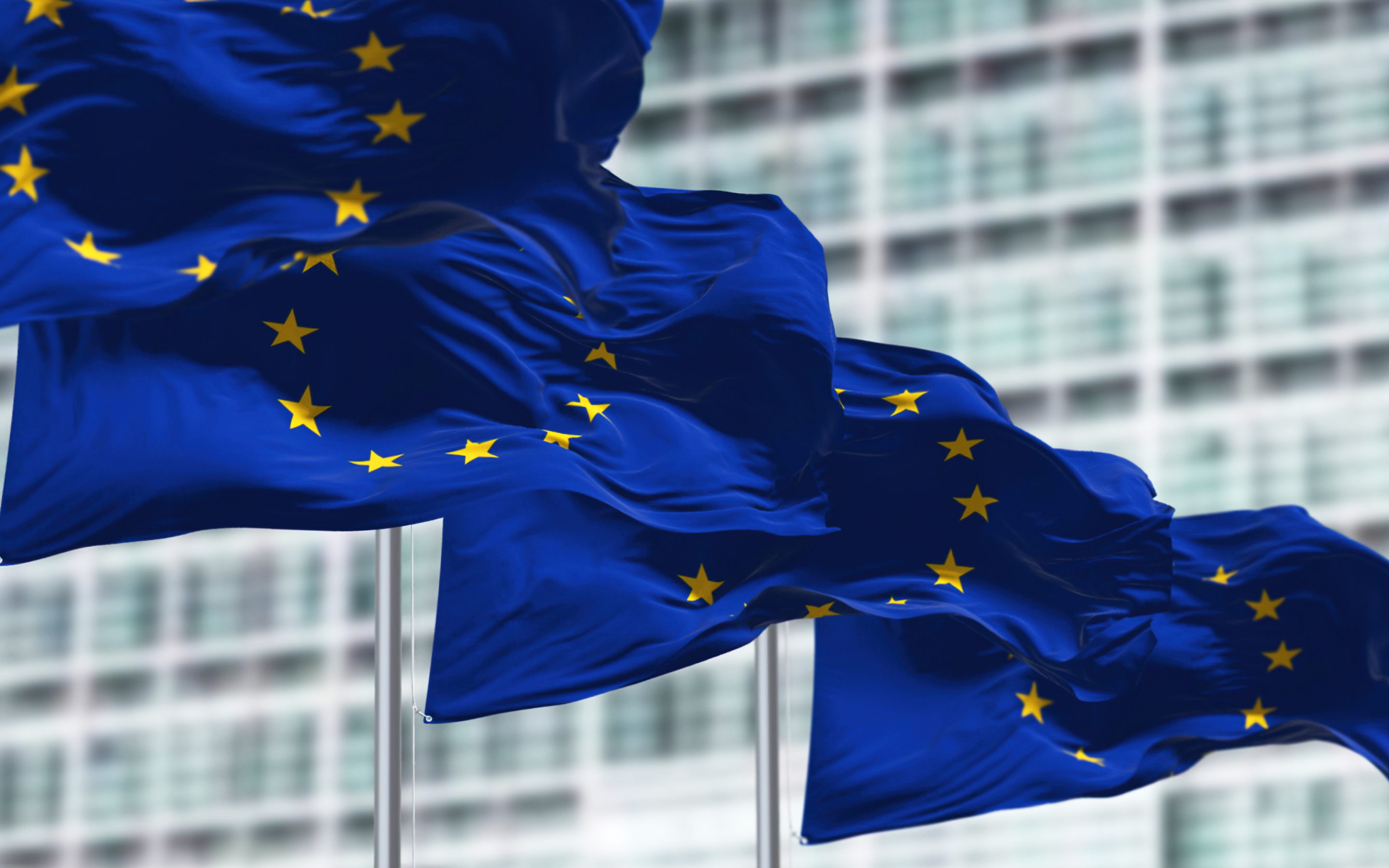
Dec 4, 2024
We warmly welcome the Council of the European Union’s conclusions on improving cardiovascular health, a critical step in addressing one of the most significant public health challenges in Europe. Cardiovascular disease, which includes stroke, is the leading cause of death in the EU, affecting millions of citizens and costing the economy billions annually.
This Council conclusion is important as is represents a collective agreement among EU Member States on key issues of concern and recommended actions. These can influence the work of Member States and the European Commission.
We commend the Council’s call for action, urging Member States to prioritise cardiovascular health. This includes expanding screening programs for risk factors, addressing social and environmental determinants of health and improving access to timely diagnosis, treatment and rehabilitation. These measures are vital for those at risk of stroke and for individuals already living with the consequences of stroke.
We now call on the European Commission and the Commissioner for Health to take decisive action by developing a new European Cardiovascular Health Plan supported with adequate resources. Such a plan would guide Member States in implementing the Council’s recommendations, from enhancing preventive care and early detection to advancing management and rehabilitation practices.
Arlene Wilkie, Director General of the Stroke Alliance for Europe, said: “These Council conclusions represent a vital step forward for the millions of people across Europe living with the effects of stroke and those at risk. Member States and the European Commission now have the mandate to prioritise cardiovascular health and transform lives. This would not only reduce the devastating burden of cardiovascular disease it would also improve the quality of life for millions of Europeans. Early intervention and improved care can prevent strokes, save lives and support survivors in their recovery, enabling them to live healthier, more active lives”.
“We look forward to working with policymakers, healthcare professionals and civil society to turn these ambitions into reality for all those at risk of stroke and those affected by stroke. Together, we can ensure that stroke and cardiovascular health becomes a priority across Europe, with a comprehensive plan to support both prevention and care”.
Notes:
We have been working in partnership with the European Alliance for Cardiovascular Health to raise awareness of stroke and to call for greater focus on cardiovascular health at the EU level. For the EACH statement on the Council conclusions please click here
The final Council conclusion can be found here.
Page 2 of 79«12345...102030...»Last »















